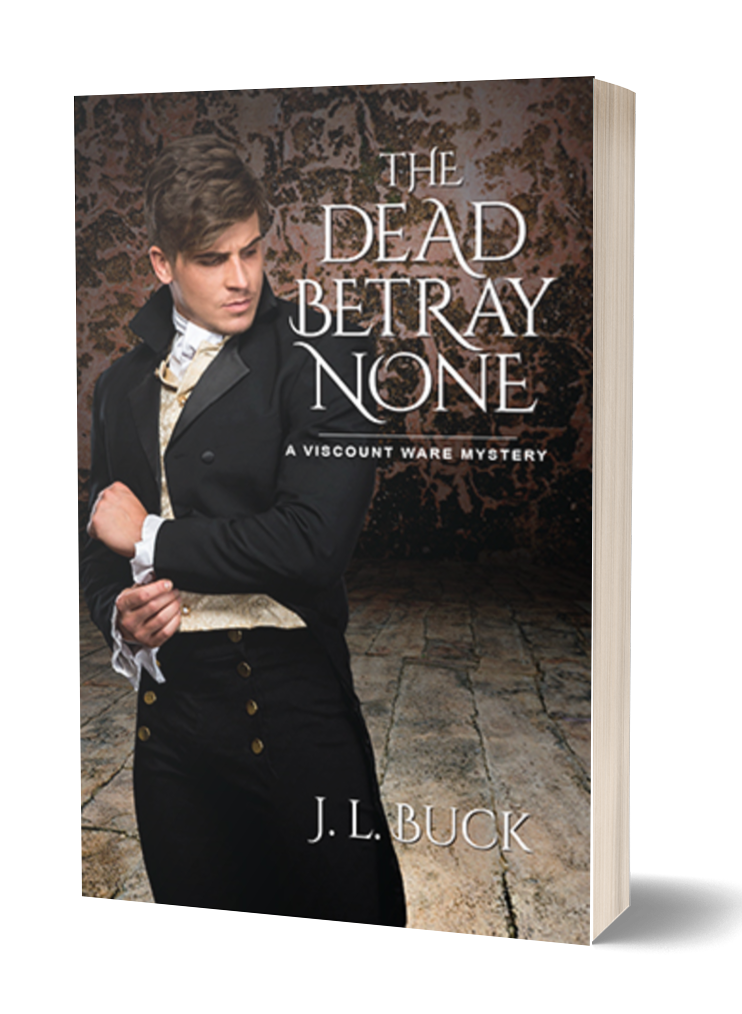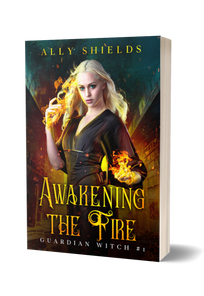
Are women writers better at “romancing” the reader than men? I don’t think so. Perhaps the greatest romance ever written was Romeo and Juliet, the passionate, tragic story of two ill fated lovers from warring families. As everyone knows, that tragedy was popularized as a play penned by the great William Shakespeare. Whatever the true identity of the Bard, which remains rather clouded, one thing is certain: Shakespeare was a guy. And like many men, Shakespeare was a romantic. Yet in the contemporary world, women often seem to scoff at male romance writers, even though the single most popular romance writer of modern times is also a male: namely Nicholas Sparks (author of the tremendously popular tear jerker, “The Notebook” and many other titles).
I recently read an online interview with a senior editor at one of the major romance publishing companies. This was a woman who by all accounts is highly talented, established and well respected in the field of romance. Yet, during the interview, when asked her opinion of romance writers, she noted that “the ladies are great” (emphasis added). With that single off hand phrase, she unconsciously demoted the ranks of male romance writers to also-rans, assuming they were even included in her lexicon of romance writers.
Why is it the prevailing opinion still seems to be that only women can write compelling romance novels? Whatever the reason, it impelled many popular male romance authors of the last quarter century to write under female aliases. For example, Leigh Greenwood’s writing career spanned more than twenty-five years and a multitude of romance novels. And yet he hid his gender for most of that time, preferring to have fans believe that he was a woman. Asked why he chose to do this, he explained he believed that “cultural obstacles” prevented most people from considering men as “romantic”.
Another highly successful male romance writer was Thomas Elmer Huff, who also veiled his male identity under pen names such as Jennifer Wild or Beatrice Parker. But his masculine gender did not prevent him from creating admittedly strong, memorable romantic heroines. Bill Spence, another highly successful but disguised male author, wrote under the pen name “Jessica Blair”. He did not reveal his true identity until he was 89 years old (which fact, by the way, also busts the myth that only young people can write romantic novels). Bill said that it was his publisher who insisted that he write under a female pseudonym to help ensure his popularity with women readers.
Incidentally, women occasionally object to such subterfuge by male writers, even though this practice was followed by women authors for many years and still continues (e.g. Louisa May Alcott published as A.M. Barnard; also, J.K. Rowling recently wrote outside the Harry Potter genre, authoring The Cuckoo’s Calling, a crime novel published under the pen name Robert Galbraith. That is, until she was unmasked by journalists using forensic linguistics software.). Some claim that the “power disparity” between men and women makes such practice acceptable for women but prohibited for men. Personally, I prefer to write under my actual gender, although I would not criticize men who do not in order to gain an “edge”. Men who write successfully under female nom de plumes, however, do perpetuate the stereotype.
Recently, in one internet discussion of the subject, a woman tweeted that it made her “uncomfortable” if men wrote and/or read romance novels. I’m not sure why this is. Both men and women have romantic and erotic urges and impulses that may be directed towards either the same or the opposite sex. A male who writes romance, whether erotic or not, is no more or less “normal” than a woman who does so. Women who generically dismiss male romance authors appear as sexist as those males who disparage women who are surgeons or soldiers. The great mixed martial artist Ronda Rousey seriously debunked the idea that only men can be great fighters. She did this by her continued success and obvious skill in the hexagon, which rivals that of the great male fighters of our time. Sadly, despite his parallel success in the romance genre, Nicholas Sparks has failed to carry the banner for male writers; and so many readers retain outmoded ideas about the male romance writer.
After I identified myself as a male romance writer, a woman tweeted me, asking if I thought that my writing career was “hindered” because I don/t write under a female alias. I replied that, while I hoped this was not the case, I’m not really sure. Probably 95 percent of the authors carried by my current publisher are women. Further, most editors in the romance genre are female (just take a look at the staff listing of such behemoths as Harlequin, Loveswept or Forever Yours and you can confirm this for yourself). Consciously or unconsciously, some female editors may view a manuscript differently when they know that the author is male. If this is true, it is unfortunate.
Bruce Jenner and others have demonstrated that a person born biologically male may have a feminine persona and may successful convert to that gender, if they feel the urge. Likewise, authors, whether male or female, may have the sensitivity and skill to write from either a feminine or masculine perspective. In fact, many great authors write from both perspectives. Harry Potter, while not a macho protagonist, still represents a fully formed and highly popular male character who was created by a woman (J.K. Rowling). Contrarily, the great filmmaker James Cameron wrote Titanic”, the celebrated tragic romantic film, which boasts the memorable female character “Rose”.
There are many other examples of compelling females penned by males. Arya Stark is a fictional character created by American author George R. R. Martin. She is a prominent figure in Martin's award-winning A Song of Ice and Fire series, and also a main character in HBO's adaptation of the series, Game of Thrones. The romantic film, Silver Linings Playbook features Jennifer Lawrence as the female protagonist, Tiffany, a strong woman not to be trifled with, as the male protagonist/lover (played by Bradley Cooper) finds out. Tiffany is assertive and more than a match for the domineering father (played by the very macho Robert DeNiro). Notably, Jennifer was nominated for an academy award for that stirring role.
One of the strongest and most memorable female characters in Science Fiction is “Ripley” from Alien, who single handedly battles the horrific, acid spewing space monsters of that film. Daniel O’ Bannon and Ronald Shusett wrote the original story upon which the screenplay for “Alien” is based, and Shusett wrote the film script. The film, for those of you who may not recall this film classic, starred Sigourney Weaver as the outspoken and indomitable “Ripley”. We may also mention Buffy the Vampire Slayer, a TV character who engaged in romantic flings while battling vampires and demons. And her character was written by Joss Whedon.
My own writing is based on people- both males and females- that I have known or been acquainted with. While protagonists in my stories are blends of more than a single person, they are based on reality. And so are the romantic story lines. If anyone out there still thinks men cannot write stirring, romantic female characters, I urge you to try reading a few male authors, including yours truly. One proviso: my romances tend to be a bit spicy, so they may not be for everyone’s taste.
My ebooks may be found on Amazon (18+ adult content):
http://www.amazon.com/Love-Yoga-Serge-Moliere-ebook/dp/B00WZMJTNU
http://www.amazon.com/White-Heat-Serge-Moliere-ebook/dp/B00XZSMTEO
http://www.amazon.com/Hurts-So-Good-Serge-Moliere-ebook/dp/B011TD5TI4
NOTE from Ally: Watch for Serge's new romance novella coming soon, "The Abduction," about a young woman who is taken hostage by space aliens and falls in love with one of her captors.
Serge de Moliere lives and writes in New York City, where he draws on the astonishing diversity of this great metropolis to create compelling and often racy characters and stories. Many of his titles are published by Etopia Press and are available on Amazon.
Contact the Author:
Twitter @Serge_deMoliere
Etopia Press: https://etopiapressblog.wordpress.com/2015/07/29/interview-with-serge-de-moliere-3/
Facebook: https://www.facebook.com/Serge-de-Moliere
 RSS Feed
RSS Feed





